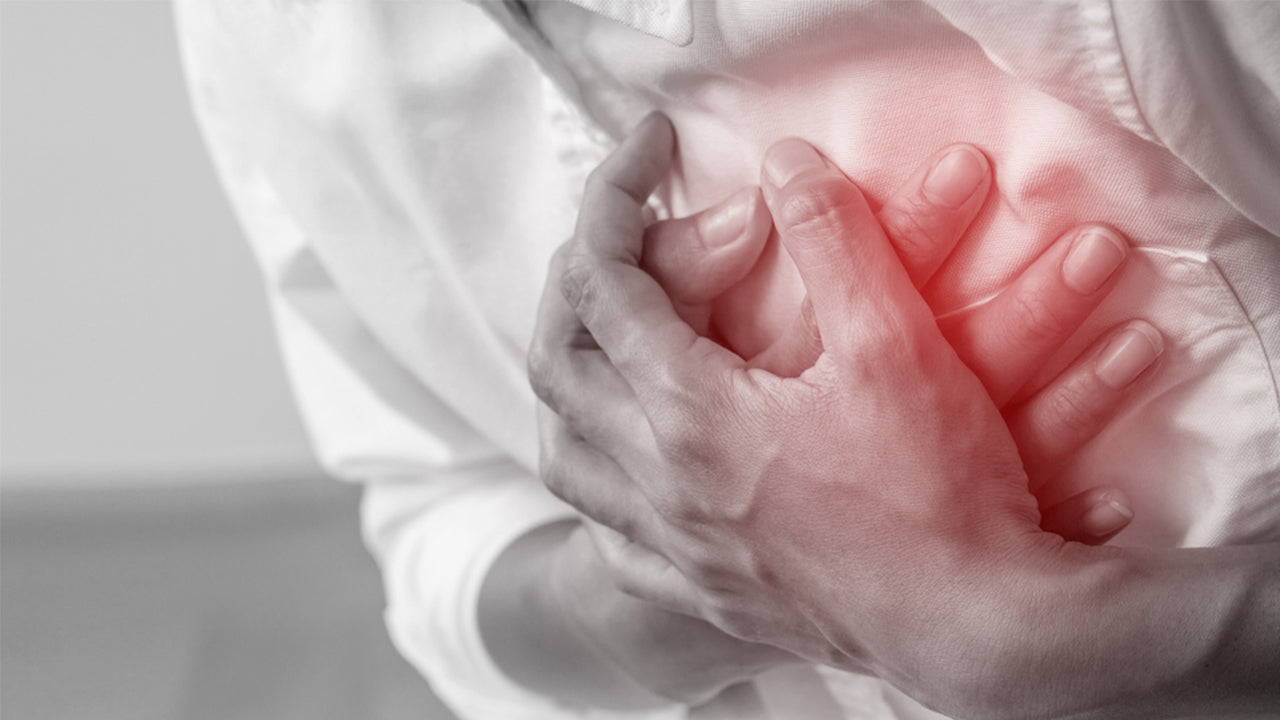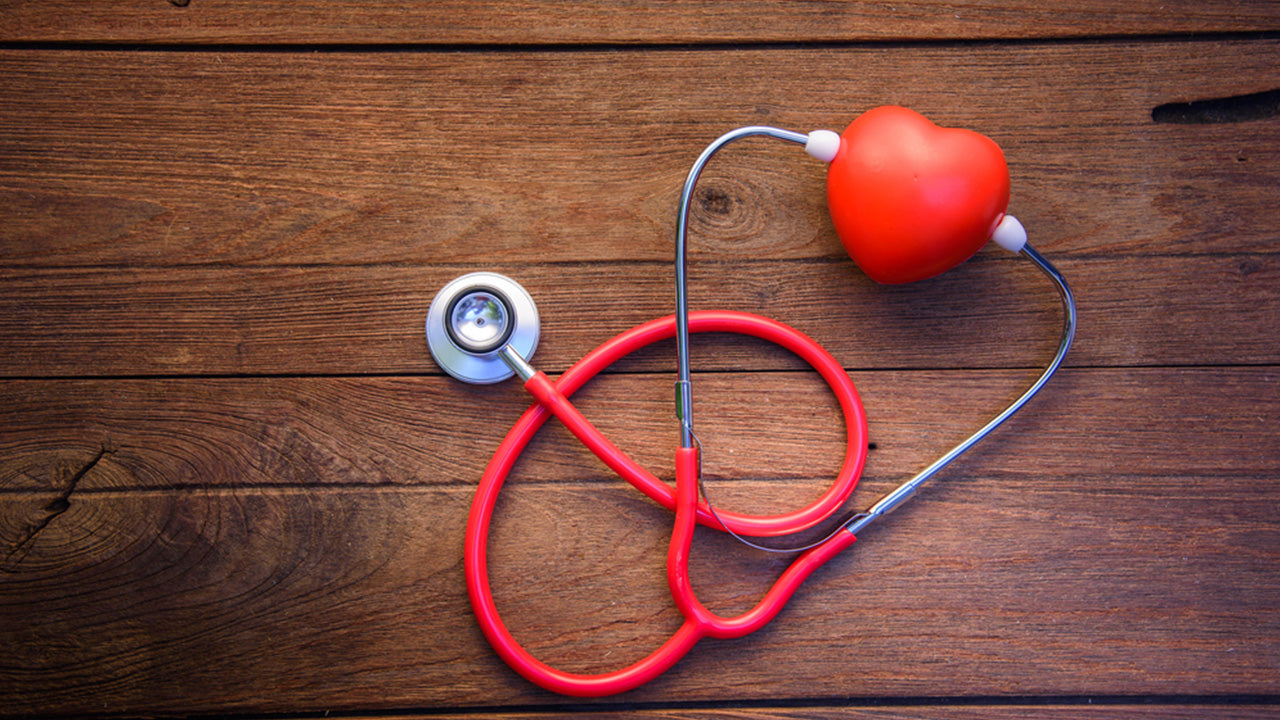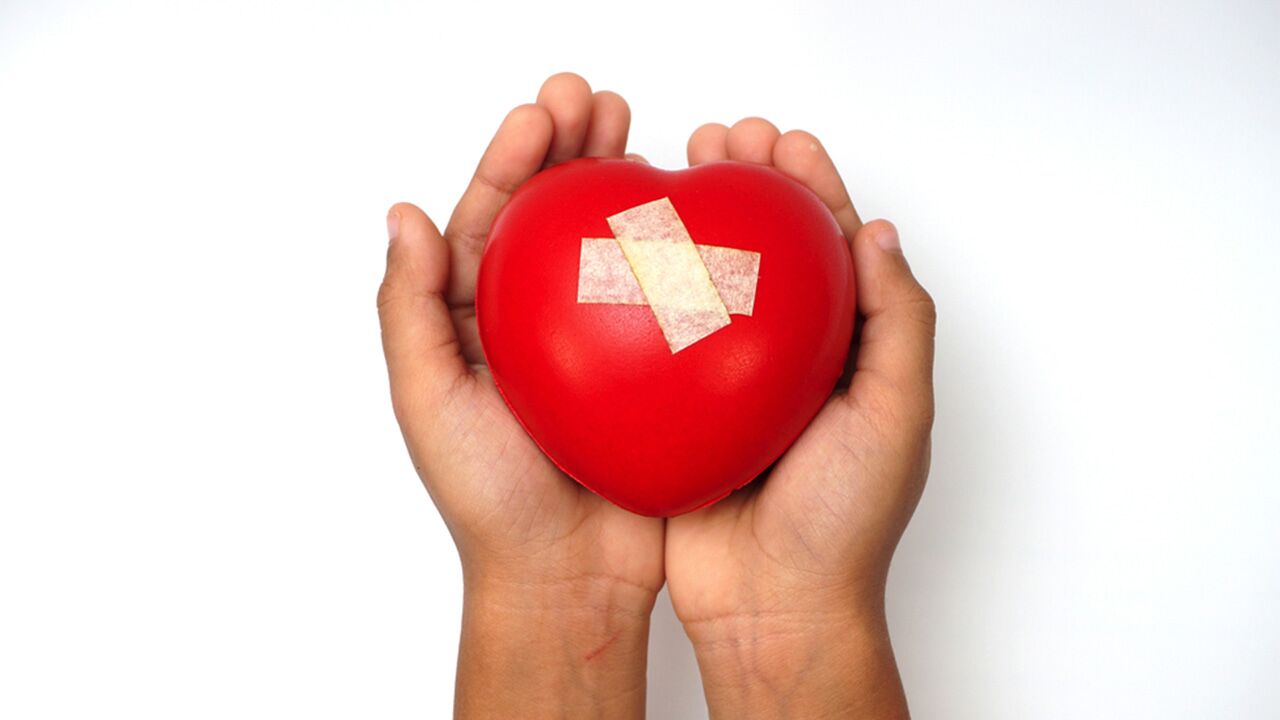Heart Attack Triggers: Know What to Watch For
 By: by Amino Science
By: by Amino Science

One million heart attacks, or myocardial infarctions (MI), occur each year in the United States. Fifteen percent of these heart attacks result in death.
People suffer heart attacks when the heart’s muscle tissue is damaged permanently due to lack of oxygen. High cholesterol leads to a buildup of plaque along arterial walls, hindering essential oxygen-laden blood from reaching your heart. A rupture of the buildup stimulates blood-clotting in the already blood-starved region, causing further blood restriction. Coronary spasms are not usual, but they also restrict the flow of blood to heart tissue cells. When oxygen-starved heart muscle tissue dies, heart malfunction manifests as a heart attack. Chest pains, nausea, sweating, fatigue, and irregular heartbeats are common heart attack symptoms.
Family history, gender, and age are uncontrollable risk factors for developing the heart disease conditions that precipitate a heart attack. Yet there are many heart attack risk factors you can control, including diet, stress level, and the consumption of drugs or alcohol.
Surprising Heart Attack Triggers
Heart attack triggers are more controllable risk factors that cause heart malfunction. Either they set off acute arterial spasms that restrict blood flow to the heart, or they disrupt electrical impulses of the heart to manifest cardiac arrest. Understanding the impact these insidious triggers have on your heart is key to prevention and management of heart-related illness.

Extreme Emotions
Feelings of sudden happiness from a surprise birthday party can trigger heart attacks just as much as the immediate anger you might feel when someone cuts you off on the road, or the precipitous flight response you may experience if you are in the midst of instant danger. The heart-damaging effects of sharp emotions can last for many hours after the trigger occurs.
Acute grief or anxiousness have similar effects on your body. How you deal with stressful life situations determines the extent to which you are predisposed to damaging heart muscle tissue. Repeatedly adhering to a deleterious means of addressing anger or stress can be fatal. Preventing unhealthy emotional patterns may be as simple as disassociating with toxic people or choosing public transportation over facing stressful daily commutes to work. Traumatic or exhilarating events can also spark intense emotions, so remain cognizant of your heart health when these occur.
Food in Excess
Many people bolt for the fast food pick-up window or buffet table in search of culinary comforts when stressed. But consuming too many fatty foods and heavy meals in one sitting can damage blood vessels. Moreover, overeating, in general, is especially taxing on the body and can have the opposite effect of alleviating your stress level. That is because the excess food in the body triggers the increase of the stress hormone norepinephrine in the blood, which may increase your heart rate and blood pressure and lead to a heart attack. You can be susceptible to heart trouble anywhere from 2 to 26 hours after consuming an exceptionally large meal. Heart disease sufferers experience high blood pressure when they nibble too close to bedtime (within two hours or less), which increases the risk of a heart attack.
Pre-Existing Illness
Illnesses that trigger inflammation in your body can put you at higher risk for a heart attack. Bacterial infections that cause the common cold, the flu, or even gum disease can damage blood vessels, compromising proper heart and circulatory function. Those who suffer migraines caused by unusual sensorial episodes—peculiar sounds, flashes of light, bizarre sensations—are more likely to experience heart attacks than those who do not react with these types of headaches. Persistent asthma sufferers endure chronic inflammation, which greatly increases their risk of heart problems and heart attacks. Ask your doctor about cardiovascular disease risks linked to certain antibiotics, painkillers, vaccines, and acid indigestion medications. Some of these medications come with serious heart-ailing side effects.
Physical Exertion
The American Heart Association recommends physical activity to combat the long-term effects of heart disease. But sudden and intense physical exertion can have the opposite effect, especially if your body is not conditioned for such fierce endeavors. Sexual activity, especially for at-risk cardiac sufferers, can be just as taxing on the heart as an abrupt sprint up a steep hill. Jolting someone from deep sleep or reacting to a blaring alarm clock during rest can also manifest an erratic heart rate that can trigger a heart attack.
Severe Climates
Exposure to cold weather and cold temperatures constricts blood vessels and can hinder blood flow to the heart, which puts a strain on your heart. To compensate for lower body temperature, the already-strained heart must work harder to increase body temperature. Coupling these debilitating conditions with sudden strenuous activity, such as shoveling snow, may be a heart disaster waiting to happen. Abrupt changes in climate—from extreme heat to extreme cold, for example—can trigger irregular heartbeats as your heart attempts to adjust body temperatures accordingly.
Air pollution can also affect the health of the heart. We breathe in tiny air pollutants that seep into our blood and form the arterial plaque that restricts oxygen-rich blood from reaching the heart.
Drug and Alcohol Use
Within hours of binge drinking alcohol, you can become more susceptible to suffering a heart attack. This indulgence can lead to high blood pressure, high triglyceride levels, and a faster heart rate. Additionally, a high alcohol content in the blood can increase your risk of blood clotting. Illegal drug use can bring about similar heart conditions. Taking drugs intravenously can increase the risk of contracting bacterial infections that damage heart tissue.
Avoid Heart Attack Triggers
The best way to avoid heart attack triggers is to educate yourself about what they are and their probable effects and to keep your blood pressure and cholesterol low with a heart-healthy diet. Before taking on anything new, do your research so that you can control what you intake or expose your body to.
If you have a history of heart disease or heart failure, be mindful that your condition comes with increased risk of heart attacks when engaging in seemingly innocuous endeavors, so never take your lack of information about potential triggers for granted.
To support heart health, including increasing blood flow and lowering cholesterol and blood pressure, supplement with a heart-healthy essential amino acid blend. Learn more about how Life protects your heart here.
Knowledge is power, and it could save your life.

Up to 25% off Amino
Shop NowTAGS: anti-aging conditions
Join the Community
Comments (0)
Most Craveable Recipes




 833-264-6620
833-264-6620



















